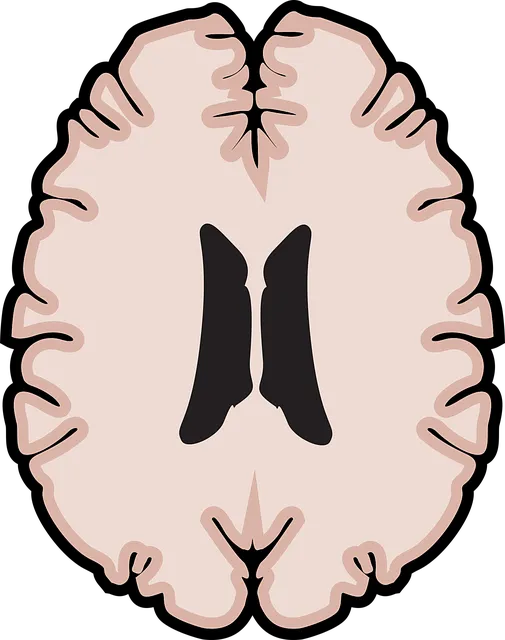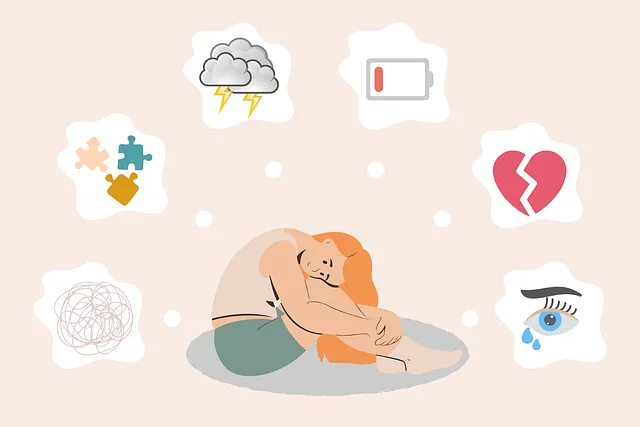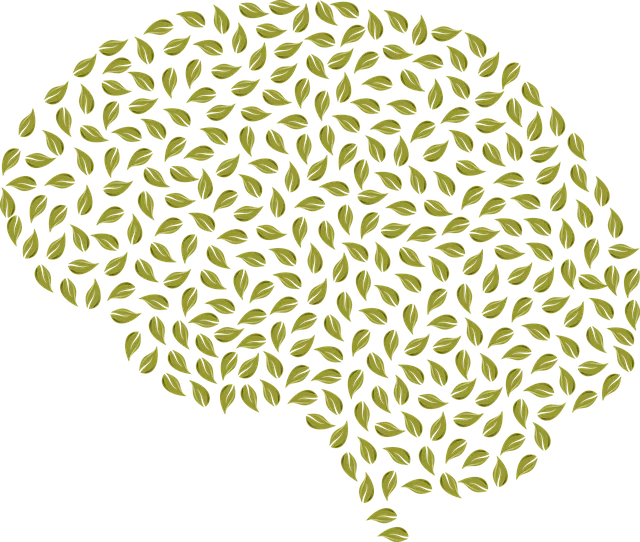Westminster Kaiser mental health programs prioritize emotional intelligence (EI) as a cornerstone of healthcare excellence, focusing on self-awareness to combat stress and burnout. These evidence-based initiatives leverage interactive workshops, mindfulness exercises, and group discussions to enhance self-esteem, empathy, and communication skills. By combining mental health education with self-care practices, these programs enable individuals to navigate interpersonal relationships more effectively, ultimately delivering high-quality care and promoting overall well-being. Continuous progress tracking through diverse tools empowers clients to gain insights into their emotional growth and apply learned techniques in real-life situations.
Emotional intelligence (EQ) is a powerful tool for personal and professional growth. Understanding and developing EQ can significantly impact our relationships, decision-making, and overall well-being. This article explores various aspects of building emotional intelligence. We begin by demystifying EQ and its core component: self-awareness. Then, we delve into the effective Westminster Kaiser mental health programs enhancing EQ. We offer practical strategies for daily implementation and tools to measure and track progress, ensuring continuous growth.
- Understanding Emotional Intelligence: The Foundation of Self-Awareness
- Westminster Kaiser Mental Health Programs: An Approach to Enhancing EQ
- Practical Strategies for Developing Emotional Intelligence in Daily Life
- Measuring and Tracking Progress: Tools for Continuous Growth
Understanding Emotional Intelligence: The Foundation of Self-Awareness

Emotional intelligence (EI) is a vital component of personal and professional success, especially in demanding fields like healthcare. At its core, EI begins with self-awareness—a cornerstone offered by programs like those at Westminster Kaiser Mental Health Services. Understanding one’s emotions, strengths, and weaknesses fosters a sense of inner strength and confidence, essential for navigating the challenges healthcare providers often face.
By cultivating self-awareness, healthcare professionals can better recognize when they’re reaching their limit, preventing burnout. This awareness is also key to enhancing patient interactions, understanding colleagues’ perspectives, and fostering effective teamwork—all crucial aspects for delivering high-quality care. Programs focused on emotional intelligence serve as valuable tools in developing these skills, boosting confidence, and promoting a healthy work environment.
Westminster Kaiser Mental Health Programs: An Approach to Enhancing EQ

The Westminster Kaiser Mental Health Programs take a comprehensive approach to enhancing emotional intelligence (EQ). These programs are meticulously designed to address various aspects of mental well-being, focusing on both individual and communal growth. By integrating evidence-based practices with innovative strategies, the initiatives at Westminster Kaiser aim to boost confidence and improve self-esteem, fundamental components of EQ. Participants engage in activities that foster self-awareness, empathy, and effective communication, all crucial elements for navigating complex interpersonal relationships.
The Mental Health Education Programs at Westminster Kaiser are not just about teaching theoretical concepts; they encourage active learning through interactive workshops, group discussions, and mindfulness exercises. This hands-on approach ensures that individuals leave the programs with practical skills to manage their emotions, build strong connections, and improve overall EQ. By nurturing mental health and self-care, these initiatives empower folks to lead more fulfilling and balanced lives.
Practical Strategies for Developing Emotional Intelligence in Daily Life

Developing emotional intelligence (EI) is a valuable skill that can greatly impact our daily lives and overall well-being. Here are some practical strategies to enhance EI, inspired by innovative programs like those offered by Westminster Kaiser Mental Health Services.
One key aspect of building EI is cultivating self-awareness. This involves recognizing and understanding your own emotions, strengths, and weaknesses. Practicing mindfulness meditation or journaling can help individuals gain insight into their feelings and triggers. By regularly reflecting on these experiences, one can develop a deeper sense of self-awareness, which is crucial for managing and expressing emotions effectively. Additionally, engaging in social skills training sessions can enhance emotional intelligence by teaching empathy building strategies and improving communication. These programs often include role-playing exercises and group discussions to foster understanding and connection among participants.
Measuring and Tracking Progress: Tools for Continuous Growth

Measuring and tracking progress is an integral part of building emotional intelligence. It allows individuals to assess their growth, identify areas that need further development, and celebrate achievements along the way. At Westminster Kaiser, mental health programs often incorporate various tools to help clients monitor their progress. These can range from self-assessment questionnaires to advanced analytics platforms that track key indicators over time.
By integrating these tools into daily practices, individuals can gain valuable insights into their emotional healing processes. For instance, tracking the consistency of a developed self-care routine can reveal its effectiveness in managing stress and improving overall mental health. Additionally, conflict resolution techniques learned through Westminster Kaiser’s programs can be evaluated based on their successful implementation in real-life situations. This continuous feedback loop facilitates personal growth and ensures that the individual remains on a path toward emotional intelligence development.
Emotional intelligence is a powerful tool for personal growth, and with the right strategies and support, anyone can enhance their EQ. As discussed in this article, understanding the foundation of self-awareness is crucial, while practical daily practices play a significant role in development. The Westminster Kaiser mental health programs offer an effective approach, providing structured pathways to navigate emotional landscapes. By combining awareness, self-management, social skills, and empathy, individuals can improve their relationships, decision-making, and overall well-being. Continuous growth is achievable through measuring progress and adopting a mindset of constant learning and adaptation.






